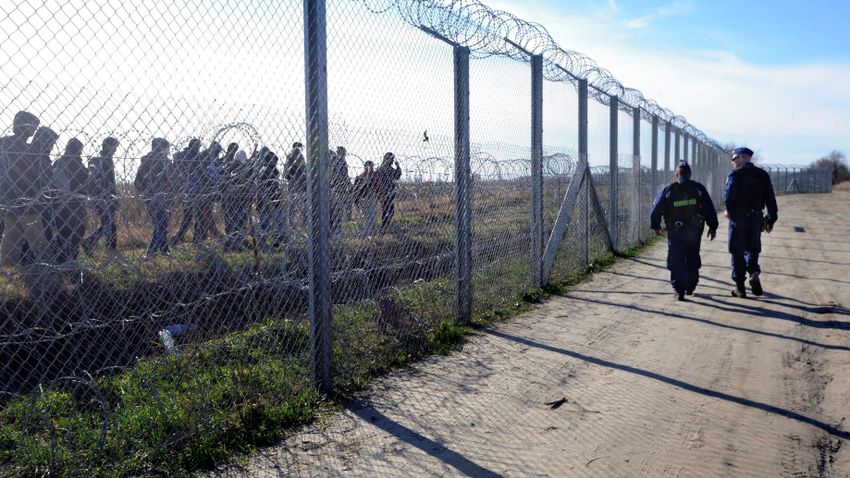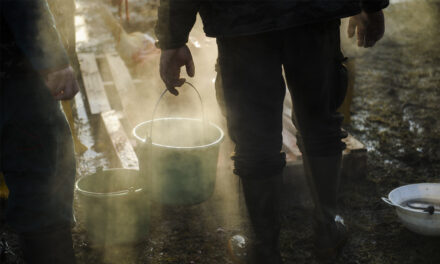The European Commission adopted a recommendation on Tuesday that would allow the European Border and Coast Guard Agency (Frontex) to be deployed with full powers in all four partner countries - Albania, Serbia, Montenegro and Bosnia and Herzegovina - to ensure that their borders continue to be be protected in accordance with the best European practices, the EU executive body in Brussels announced.
In addition, the committee also approved a new EUR 39.2 million support package under the so-called pre-accession support instrument (IPA III) to strengthen the border management in the Western Balkans.
The recommendation adopted on Tuesday, with the support of Frontex, would strengthen the capacity of the Western Balkan partners in the field of migration management and the fight against human trafficking, the European Commission emphasized in its statement. According to the agreements currently in force between Frontex and Albania, Serbia and Montenegro, the permanent formation can only be deployed at the countries' common borders with the European Union, without exercising executive powers. The new legal framework, however, would make it possible for Frontex's permanent units to be deployed in the three countries both at the EU border and at their common borders with other countries.
The nearly EUR 40 million support package primarily targets the region's border management capacities, mainly by providing special equipment such as mobile surveillance systems, unmanned aerial vehicles, and biometric devices. The support also extends to the operation of migration facilities, including reception and detention centers.
Following the commission's recommendations, the Council, which brings together the governments of the member states, must adopt a resolution authorizing the body to start negotiations on the subject with Albania, Serbia and Montenegro, as well as Bosnia and Herzegovina.
2022 plus:
We could have two reactions to this news. One is the annoyed uproar, wondering why we didn't get a single peta for the protection of the EU's southern border, some contribution to the costs of the fence erected to stop illegal migrants, to the expenses of Hungarian border protection? I wonder why they have been shaking their verbal fists at us from Brussels for years, if they now want to help our southern neighbors?
The other reading: let's be happy that the Union's attitude towards illegal immigration is changing. But if you think about it, is it really changing? The announcement states that Frontex's task would be to "protect the borders of the Balkan countries in accordance with the best European practices". However, so far they have not protected any borders, they have done nothing but help and speed up the influx of migrants. Would this be "European best practice"?
With the exception of this Dodona text, and ignoring those meaningless phrases that could be summed up in the simple sentence "don't take anything, take it well", we have to state that the offered support for the operation of mobile surveillance systems, unmanned vehicles (drones) and biometric devices , but intended for reception and detention centers. Now the concept of "detention center" cannot be interpreted, especially not in the light of the fact that Hungary was shouted at as snakes and frogs because of the closed reception camps. So what now? Can it be like this anywhere else, but not here?
The listed monitoring tools do not seem to have any other meaning than perhaps to prepare for how many approaching migrants they will have to feed. Because stopping them is an unforgivable sin - at least not if we stop them. The reception centers will remain, well, this is one thing for which they will surely be happy to give money from Brussels.
But what is most telling: the above statement does not mention the goal of stopping illegal migrants and preventing forced immigration. But if it is not included, what would the European Commission give the money to? Isn't it just that (for the hundredth time now) I want to cover up the insidious goal of supporting illegal migration with nice-sounding phrases? This vileness - in relation to anything -. it has long been practiced as a daily practice by EU luminaries.
Source: MTI
(Cover photo: MTI/Gergely Zoltán Kelemen )












